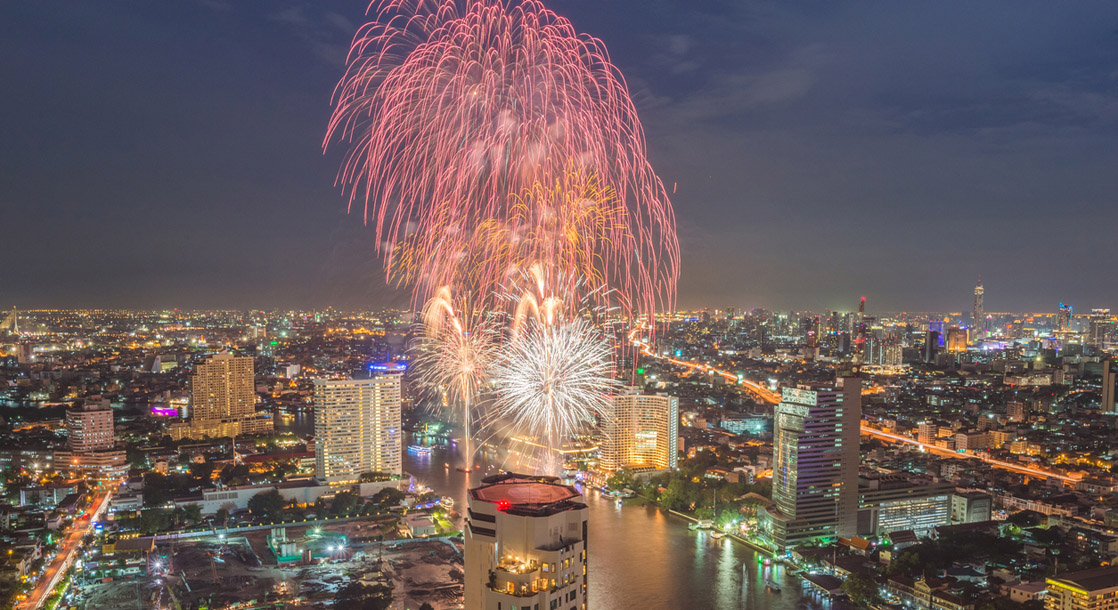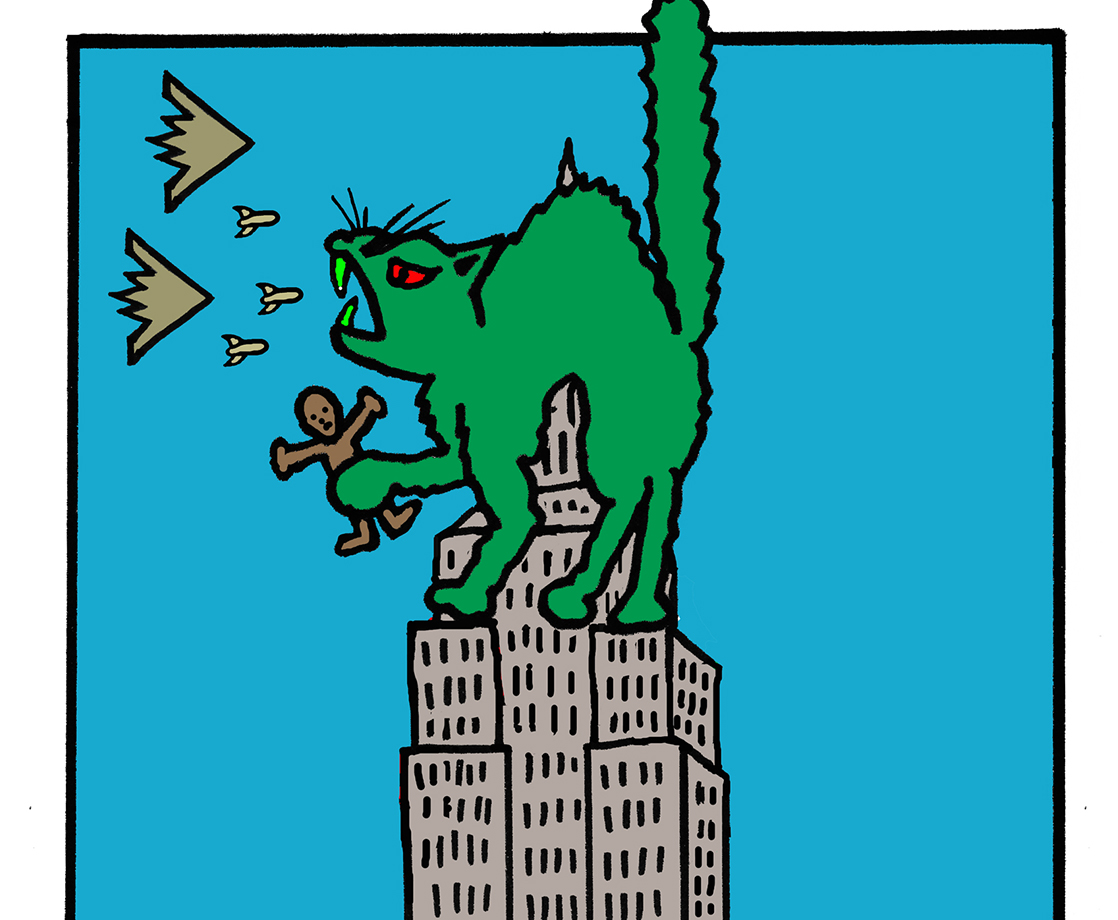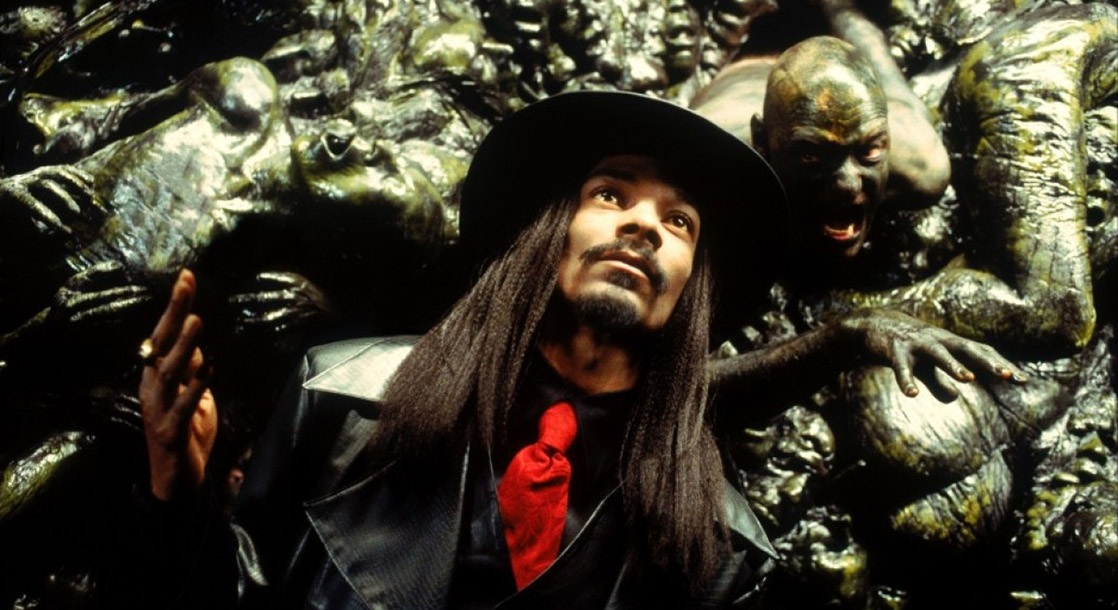Cover image via
Thailand basically just legalized weed.
Thailand’s deputy prime minister and public health minister announced on Tuesday that the Narcotics Control Board will remove cannabis from its list of controlled drugs. Removing it from the list will effectively decriminalize the plant and allow adults to grow their own cannabis at home.
The move makes Thailand the first Asian nation to take such a step — but serious legal questions remain surrounding what is and is not permitted, including what’s considered recreational or commercial use of the drug.
Anutin Charnvirakul, who serves as both Thailand’s deputy prime minister and minister of public health, specified that the decision will allow Thai residents to grow their own cannabis after notifying the government. The nation’s lead food and drug regulator Paisal Dankhum has previously stated that homegrown marijuana cannot be sold, bought, or otherwise traded for commercial purposes.
The Associated Press reported that lawyers and law enforcement officials were unsure whether individuals could still be arrested for possession of cannabis in light of the policy change.
After being signed by the health minister and published in the country’s official gazette, the policy change will take effect in 120 days.
This week’s decision was met with measured joy by Thailand’s cannabis consumers, who currently face punishments of up to 15 years in jail for mere possession. Other countries in the region impose even fiercer penalties: In Singapore, Omar Yacob Bamadhaj was sentenced to death in October for trafficking two pounds of weed.
Charnvirakul has long been one of Thailand’s most visible advocates for widening access to cannabis. In 2019, he campaigned on the principle that legalization of the drug would be economically beneficial for the country. His party’s promotional posters at the time even featured a cannabis leaf design. (That motif was not as strange as it may sound — the same year, Thailand’s prime minister posed with a weed leaf mascot and vaped cannabis oil at a press conference.)
Thailand became the first Southeast Asian nation to legalize medical-use cannabis back in 2018. The move paved the way for the health ministry to open some 500 cannabis clinics in public hospitals by the end of 2021. Sixty percent of state-operated hospitals, including locations in every Thai province, are now home to a cannabis clinic. The clinics even dispense cannabis seized by illegal traffickers, so long as the trafficked bud passes quality testing.
In 2020, Thai officials announced that home growers could be authoritized to cultivate low-THC hemp for infusing cosmetics, foods, and other personal and healthcare products.
This week’s de-scheduling does not remove all ambiguities surrounding the legal status of cannabis in Thailand, particularly since its recreational use is not explicitly given the OK by the health minister’s announcement. Anutin’s Bhumjai Thai (which translates to “Proud to Be Thai” in English) Party, which he leads, announced last week that it would propose legislation that would eliminate remaining grey areas surrounding cannabis. The draft will focus on the commercial cannabis industry and specifics regarded recreational consumption, Reuters reported.
In Bangkok on Tuesday, cannabis consumers massed up, rolled up, and marched to the United Nations headquarters to celebrate the news. “If cannabis is fully legalized, Thailand will totally shine on the international stage,” said activist Rattapon “Guide” Sanrak.
Follow Caitlin on Instagram











